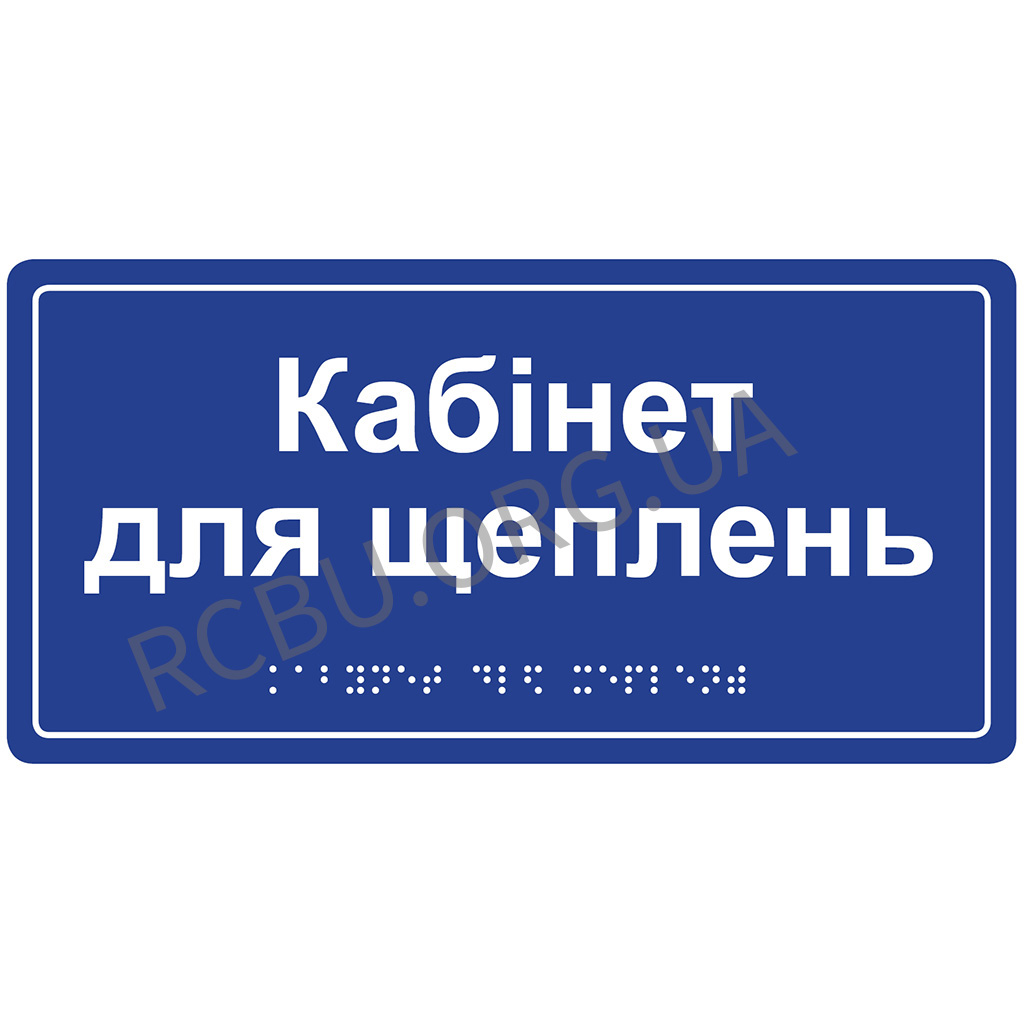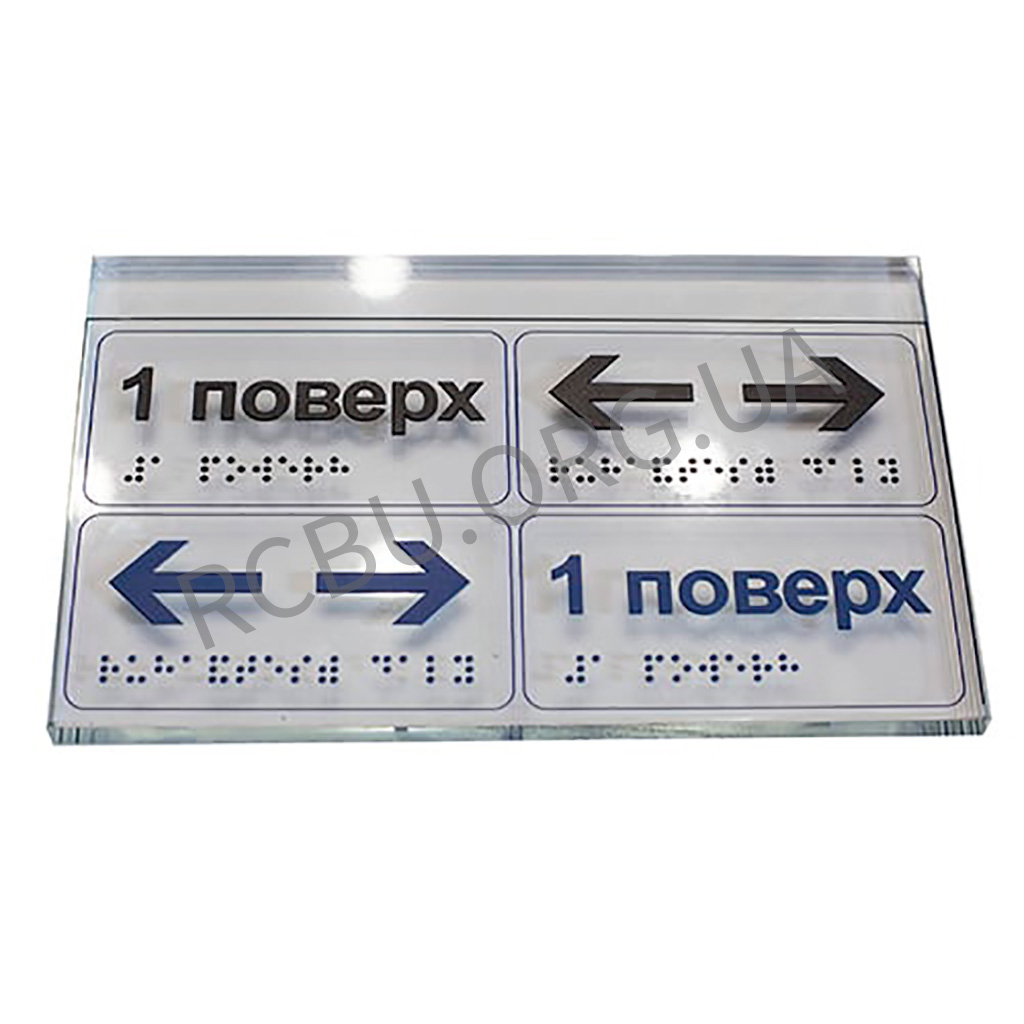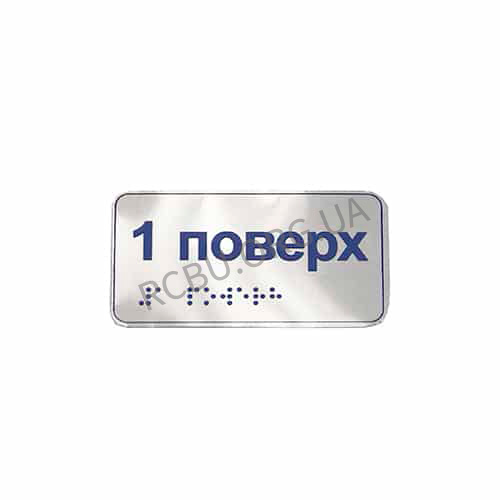Tactile games
We make games to order.
Tactile games for the blind and visually impaired
Tactile games for blind and visually impaired children are a means of forming and developing the skills and abilities that everyone needs. They promote the development of fine motor skills, finger sensitivity, memory, logical thinking, and spatial orientation skills.
Children with visual impairments really need communication. If the tactile game involves teamwork, it provides the most important skill of communication and interaction with other people. Tactile games for the visually impaired teach children to be attentive, follow the rules of the game and think through the next step, help them experience vivid emotions and make decisions independently and take responsibility for them.
Developmental games and devices for blind and partially sighted children of all ages can also help teach them to read and write Braille.
If a person has been blind since childhood or has lost their sight for a long time, it is much easier for them to accept themselves, adapt and learn new ways of behaving, maintain independence and consolidate the necessary skills: develop tactile sensitivity, learn to navigate in space, relying on their own memory, sounds, smells, relief surfaces and other non-visual cues.
It is very difficult for a person who has gone blind suddenly to adjust and learn new ways of perceiving the world around them. It is not easy for them to learn the embossed dot Braille alphabet and learn to read independently with their hands. It is games and devices with Braille that help to complete the rehabilitation period faster, learn new ways of transmitting information and return to active life.
Training non-visual perception and communication skills
Board games of varying difficulty, developed by specialist typhlopedagogues for blind children and adults, allow you to train
- imaginative and logical thinking;
- tactile sensitivity and distinguishing different textures of surfaces and objects by touch;
- memory and distinction of different Braille characters;
- the ability to perceive and analyse information received without sight from various sources: comparing sounds, smells, tactile surfaces, understanding the relationship and location of objects in space;
- the ability to correctly understand, name and express their own emotions and needs;
- self-confidence;
- spatial orientation skills.
When choosing board games for the blind, it is important to remember that they must be certified and meet Ukrainian and international quality norms and standards. Such games should be accessible to people with profound visual impairments.



